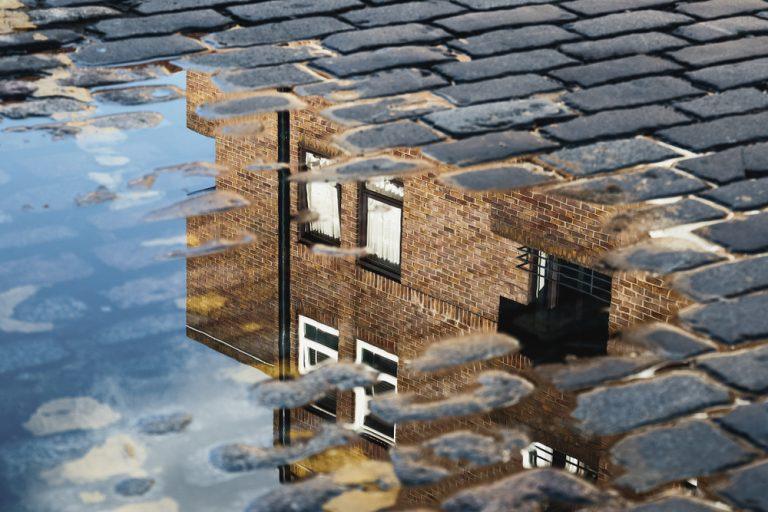
New research by estate agents Coulters has revealed that average UK house prices have soared by 300% in the last 20 years, while average income has only seen a 70% increase over the same period. The report outlines just how hard it has become for first-time buyers to get on the property ladder.
In 1999, the average price for a house in the UK was just £77,961. Today, that figure has essentially trebled to £230,735. To make matters worse, even though average income has grown, the difference is only from £17,803 to £30,353 per year. In London, sky-high house prices have risen by an average of £365,958.33 since 1999, marking an eye-watering 316.34% increase in just 20 years.
The widening gap between house prices and income has subsequently raised the cost of a deposit as well – in 1999, a 10% deposit on a house would have been equivalent to about 43.8% of an average salary. But by 2019, the average deposit now works out at around 76% of annual income, showing how the UK housing market has become increasingly out of reach for first-time buyers.
Analysis by the Office for National Statistics (ONS) released last year revealed that the average full-time UK salary in 2019 was £36,611 – slightly higher than Coulters’ estimate – but nonetheless well below the £230,735 average price tag on a house. With a standard deposit now sitting at about 76% of average income, it would cost the average buyer around £27,824.36 to lay down a deposit, a hefty figure and one which may well be out of reach for many young people.
Coulters’ report concludes with a sobering reflection on the housing market in the capital, where the average amount needed for a 10% deposit on a house has rocketed from 51.4% of a Londoner’s average salary to 120.9% in the last 20 years.
Last week, Chancellor Rishi Sunak unveiled a ‘stamp duty holiday’ on UK properties as part of a long-awaited mini budget. Even though analysis by Zoopla (LON:ZPG) has outlined how the scheme will take the total number of homes in England eligible for stamp duty exemption from 16% of all sales to 89% – up by 73% – the move is set to benefit first-time buyers the least.
UK Investor journalist Jamie Gordon commented on the Chancellor’s proposal, stating:
“It serves the understandable purpose of encouraging economic activity, but by making it disproportionately easier for speculators to add to their portfolio, could actually make it more difficult for first time buyers to get on the ladder”.
With Brexit on the horizon this autumn and after a painstaking few months during the coronavirus lockdown, the UK housing market looks set for a tumultuous year for 2020. House prices rose in January by 1.3%, but during the peak of the pandemic prices fell for three consecutive months, and it is likely to take some time for the market to make a full recovery – even with the Chancellor’s new stamp duty scheme.
Howard Archer, chief advisor to economic forecasters EY Item Club, predicted in June that house prices will fall by about 5% over the next few months, driven primarily by employment uncertainty as the government prepares to wrap up its furlough scheme in October.
“Housing market activity is likely to be limited in the near term… Many people have already lost their jobs, despite the supportive government measures, while others will be worried that they may still end up losing theirs once the furlough scheme ends”.
